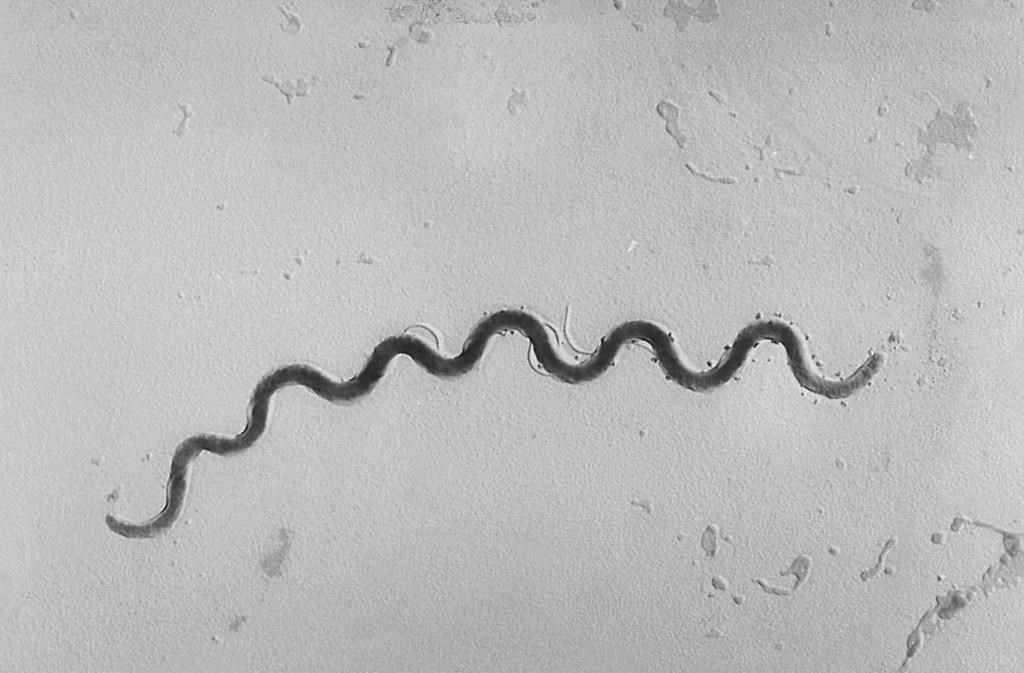Syphilis infections in Saskatchewan have increased substantially over the last few years — jumping from 85 cases per 100,000 in 2016 to 1,940 cases per 100,000 in 2021.

That’s an increase of 1,855 cases per 100,000 from 2016 to 2021.
There were no cases of congenital syphilis (infection acquired by the fetus in the uterus before birth) before 2018 but as of 2021 there were 25 cases.
Syphilis is transmitted sexually and a lot of the recent cases are stemming from people with multiple partners.
It’s affecting babies as well.
Beardy’s and Okemasis’ Cree Nation (BOCN) recently made a statement to raise awareness about syphilis outbreaks within the province. The release said that some parts of Saskatchewan, including BOCN, have seen increases over 1000 per cent since 2019.
Dr. Ibrahim Khan, regional medical health officer for Indigenous Services Canada said that Indigenous communities are disproportionately impacted because a lot of Indigenous people primarily women are extremely disadvantaged and face barriers to access care and the health care system.
But, the increase in cases of the sexually transmitted disease can be seen across Saskatchewan, not just among First Nations.
A syphilis outbreak was declared in Saskatchewan during summer of 2019 before the COVID-19 pandemic.
From Jan 2022 to June 2022 the province reported 411 cases of Syphilis in indigenous communities. That is likely a 900 per cent increase from the 40 cases during the same time period in 2019, according to Khan.
He said that most Indigenous communities are in rural, remote, isolated areas and they are faced with stigmas, racism and no access to good care.
A person infected with syphilis needs to see the doctor at least four to five times during treatment, which was made more difficult as a result of pandemic restrictions over the last two years.
Khan said that social determinants are an important factor. “Where you live, your education status, your health status, your economic status and certainly if you are indigenous plays a big role.”
“If you focus and follow the trajectory of these infectious diseases, whether it’s HIV or syphilis or hepatitis C, they have huge linkages to racism and discrimination that indigenous people face,” he said.
He said that there needs to be more done in terms of investment and partnership to develop more harm reduction programs in the province.
Khan added that access to culturally grounded services for people on reserves is also important. Mobile outreach programs that go out on the streets and reach out to people who otherwise may not have the ability or access to services.
“We want to promote and initiate dialog or a culture of dialog between health-care providers, patients and people who are impacted, so they can have a healthy conversation about what can be done to avoid risks and what can be done to stop the spread.”

Early symptoms include a painless ulcer on the genitals, a rash, hair loss, headaches, and swollen lymph nodes. But up to 50 per cent of cases do not have recognizable symptoms. The disease is best diagnosed with a blood test and treated with antibiotics.
Being in a long-term mutually monogamous relationship or using protection are two ways to reduce the risk, according to the release.
Pregnant women can protect babies in the womb by getting tested for syphilis during pregnancy and getting treatment promptly.
It is recommended that sexually active people get tested for syphilis at least once a year. It also says that having unprotected sex with multiple partners increases risk of infection.
Khan said that he’s worried about access to testing for prenatal Indigenous women. That group is hard to reach and face trouble getting treatment and access to screening clinics.
“We really need to be focused this summer to reach out to people who are at risk and need treatment.”




Comments